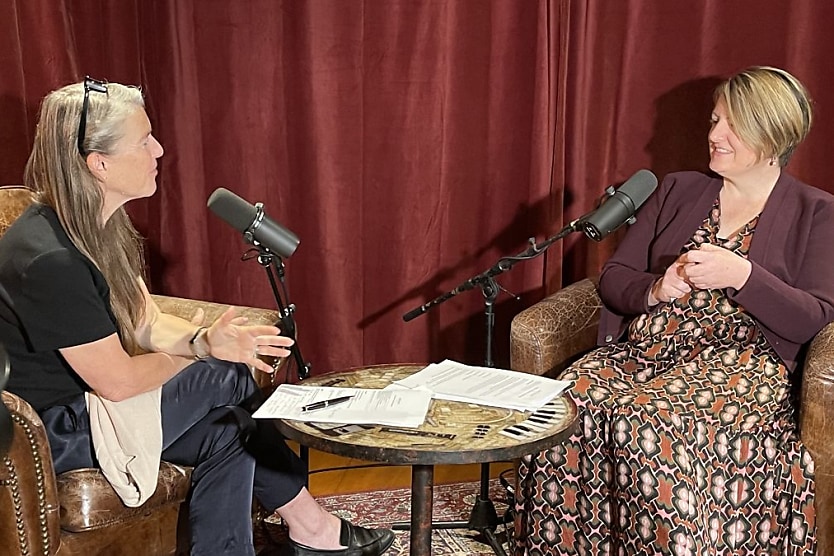Increase in climate resilience positions a win for the environment
SHARE THIS ARTICLE

Climate action is becoming an increasingly important consideration for employees. Organisations are now leveraging this by hiring “climate resilience” staff in order to better manage their environmental, social, and governance (ESG).
Studies have shown that climate action is a major consideration for candidates, especially the younger ones. In fact, 69 per cent of employees want their company to invest in sustainability efforts.
The benefits of doing so can be significant. As listed by Carbon Neutral Club, five advantages of implementing climate action policy are:
- Increases overall job satisfaction for employees.
- Attracts value-aligned top talent.
- Helps you connect over a broader shared purpose.
- Boosts productivity.
- Widens your impact.
It appears businesses are taking advantage of these benefits, with many choosing to promote climate resilience roles.
Speaking to UNSW Business School, Penny Joseph, head of climate resilience at Ausgrid, believes the future of work will see these positions pop up more and more.
“I expect that everybody will have climate resilience and climate mitigation as part of their roles. Everyone will be playing a part if they’re not already,” said Ms Joseph.
“Resilience means we’ve thought through the risks of the future and have strategies in place to be prepared for that. But resilience is also being prepared for things you might not know about or might not expect to happen.”
While the role may sound above the pay grade of many, Ms Joseph noted that it is more business-orientated than one may think.
“When I first started working in the climate science space, I thought that I needed to have a PhD in science to be able to do my type of role,” she said.
“Coming forward a few years, I have more respect than ever for the scientists, but I also understand that there is value in understanding the business problem – [such as] how to manage a network of infrastructure.”
These positions are better able to thrive, said Ms Jospeh, when diversity of thought is appreciated. Not everyone will share the same opinion – and that’s fine.
“I have people that influence my thinking that might even be climate change deniers. Because you understand, why are you thinking that way? What makes you think that way? And it helps you understand the problems from all different kinds of perspectives,” Ms Joseph explained.
“Sometimes, you’re not necessarily trying to solve the problem completely, but just to move it forward.”
While a climate resilience worker won’t be expected to solve climate change, having more hands on deck in the fight to reduce these issues is great for both business image and the environment.
“[The role allows us to] create a much better economic case for being able to move the dial,” said Ms Joseph.
“It is hard because often you need to make decisions in a time frame where you haven’t received all the data. I think the best leaders are making good decisions with incomplete information. I don’t know whether failing is the enemy here or whether it’s doing nothing. If you do nothing, that’s also a problem. And that’s not going to be good enough for the future.”
Jack Campbell
Jack is the editor at HR Leader.

